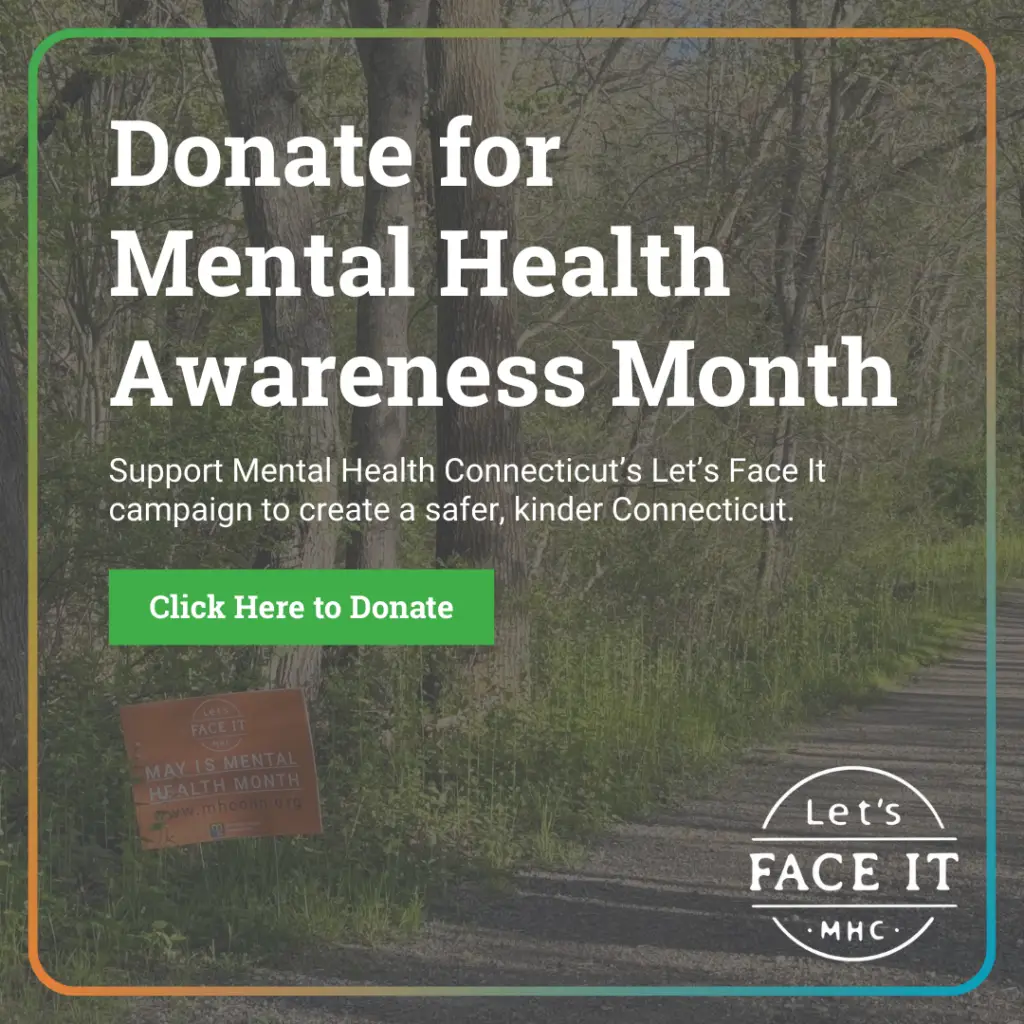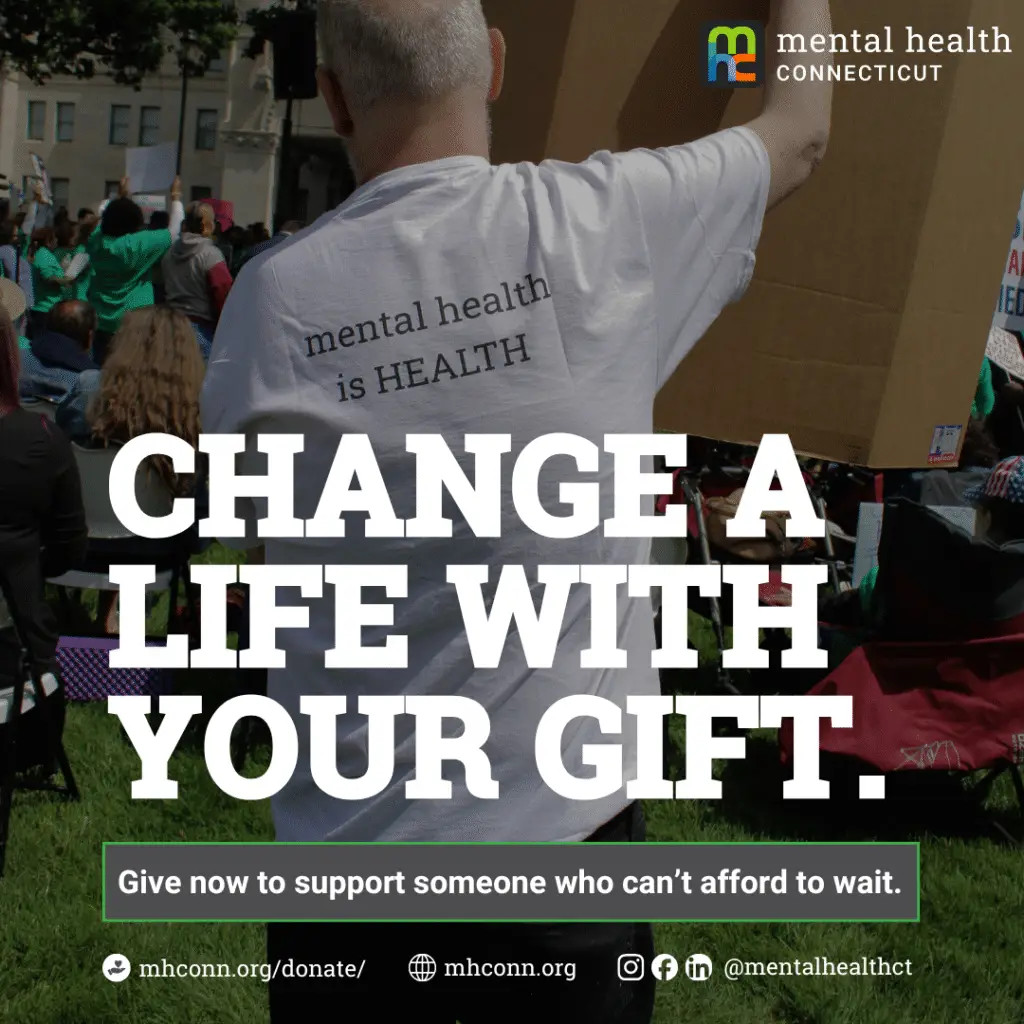Contributed by: Jane Sandwood

Today, nearly 1 in 10 Americans have experienced long-term pain at some point in their lives. During a 2006 study by the Journal of Pain Medicine, 77% of individuals who experienced chronic distress claimed to show signs of depression. When patients are focused on alleviating their physical pain, they tend to neglect the mental effects of their chronic disorder as well. Some of the major ways that chronic pain can affect your quality of life include:
- Severe changes in mood, including fear, anger, irritability, and confusion
- Stress and anxiety
- Issues of low self-esteem
- Lack of interest in sexual intercourse
- Changes in weight
- Increased risk of fatigue and insomnia
Chronic pain affects over 76.2 million Americans, as it lasts for weeks, months, or even years. That’s more than cancer, heart disease, and diabetes combined. Further more, people living with long-term pain are more prone to psychological anxiety and depression than the general community.
Chronic Pain and Mental Health
Long-term pain not only adds stress to the body but also the brain. This can lead to cognitive issues that affect memory and mood swings. Its psychological effects also have the potential to reduce the quality of life, not only for the individual with chronic pain but for their loved ones as well. In some cases, the mental effects can outlive the physical issues itself, leading towards a major health disorder. If chronic pain is causing you to feel depressed or negatively impact your way of life, now’s the time to take steps and get the help you need.
Improve Quality of Sleep
Pain doesn’t stop when the sun goes down. Studies show that when poor sleep, depression, and chronic pain are combined, the results can be devastating. In fact, roughly 60 million U.S. adults have some type of sleep disorder caused by chronic health issues. When getting ready for bed, aim to eliminate all distractions that may hinder good quality sleep. This may include turning off the lights, upgrading your bed to improve comfort, and maintaining a quiet room.
Better Diet, Better Mental Health
A well-balanced diet is vital to those living with chronic pain. It helps aid your digestive process, reduce the risk of heart disease, keep weight under control, and improve your overall mental health and wellness. Follow a healthy diet that includes a range of fruits, vegetables, legumes, whole grains, fish, nuts, olive oil, and avocados. Those who eat a diet high in whole foods are up to 35% less likely to develop depression than those who don’t. In fact, research shows that a diet which consists of processed products can increase the risk of developing depression by up to 60%, according to the Archives of General Psychiatry.
Boost Relief with Natural Endorphins
Endorphins are chemicals that help boost mood while blocking pain signals to the brain. Individuals with long-term distress can benefit from exercise as it helps strengthens muscles, control weight, blood sugar levels, and prevent future injuries. While you will need to take caution about the type of physical activities to engage in, your physician can guide you on the best exercise that’s right for you.
The nature of chronic pain is that it is a long-term aspect of one’s life. With the strong link between depression and pain, your psychological wellness requires total care and understanding of how to cope with the effects. Be sure to practice meditation and bring all of the senses to every moment and recognize the best methods of keeping your discomfort under control.








